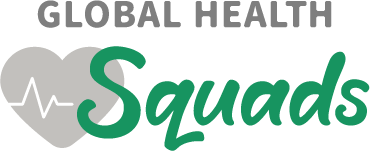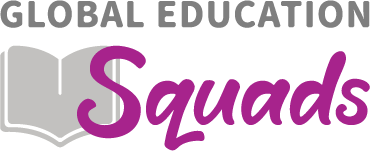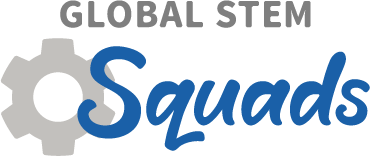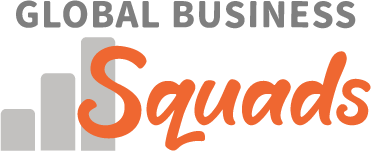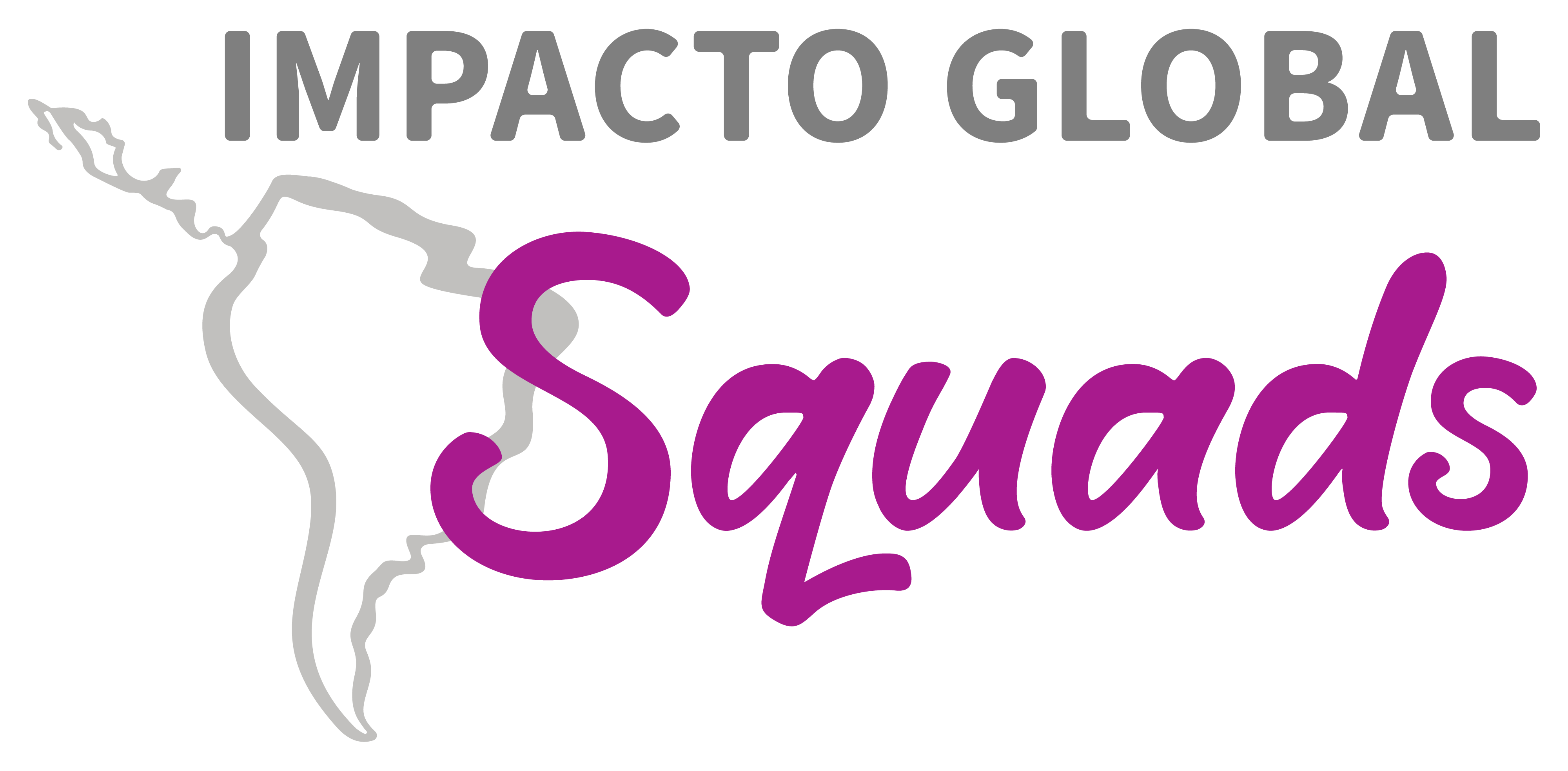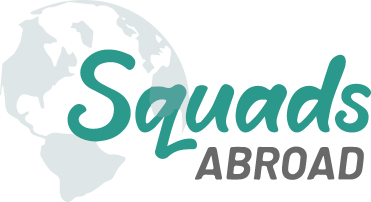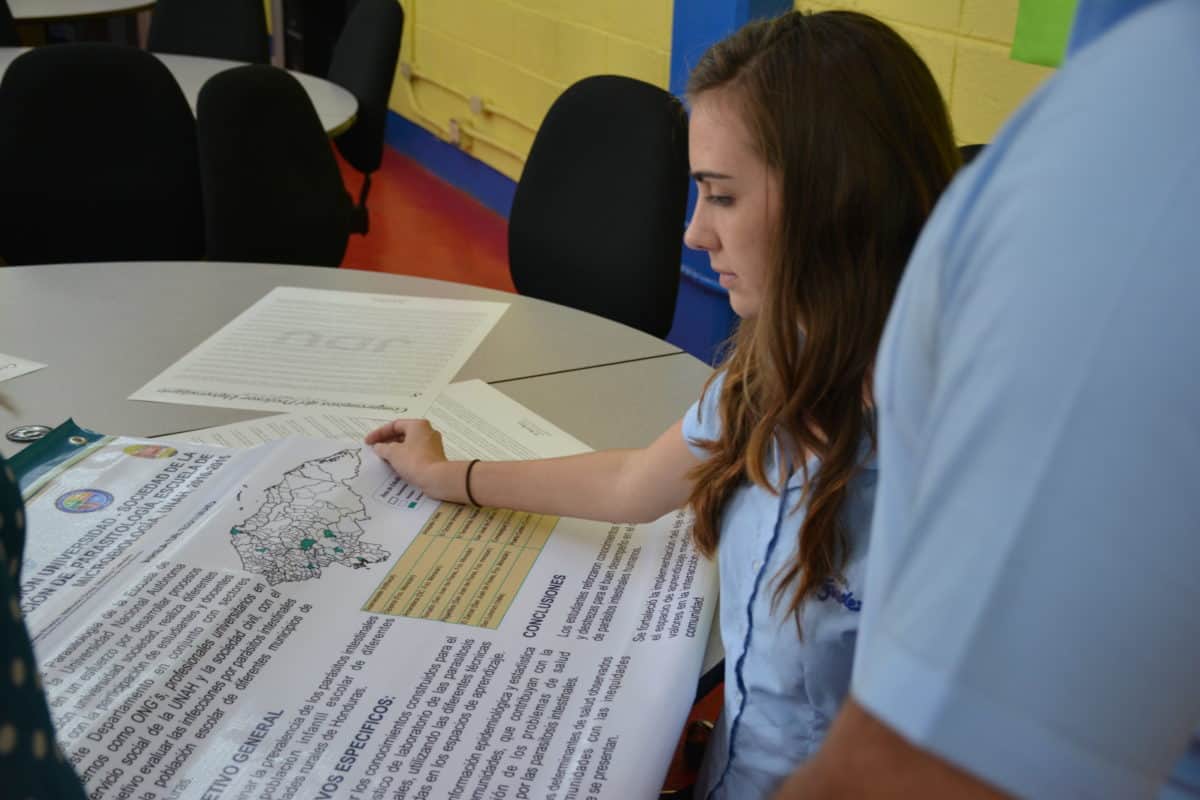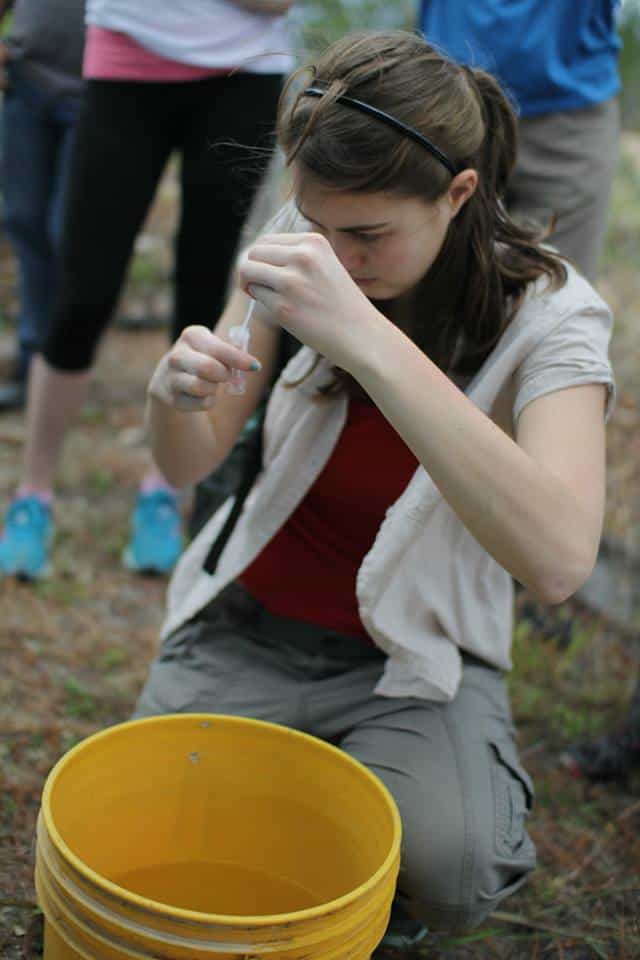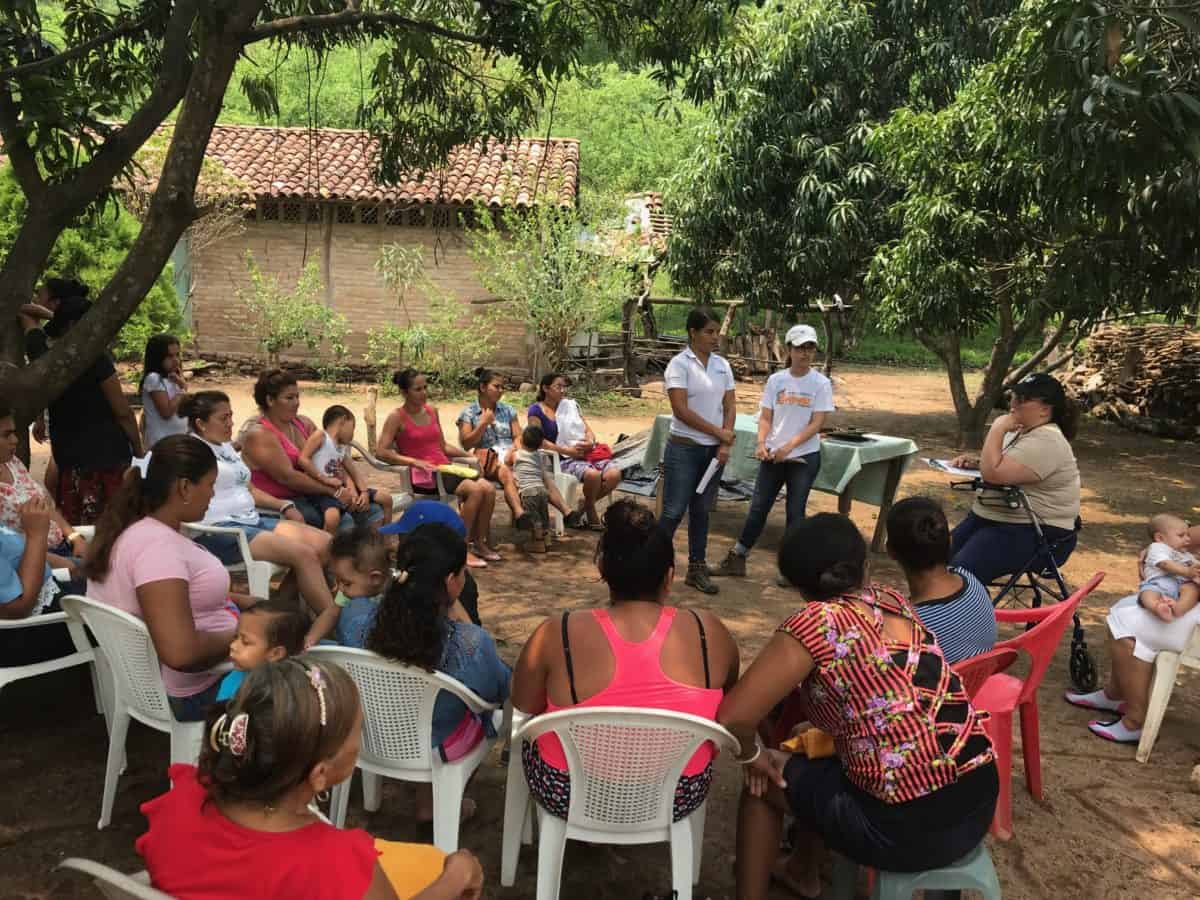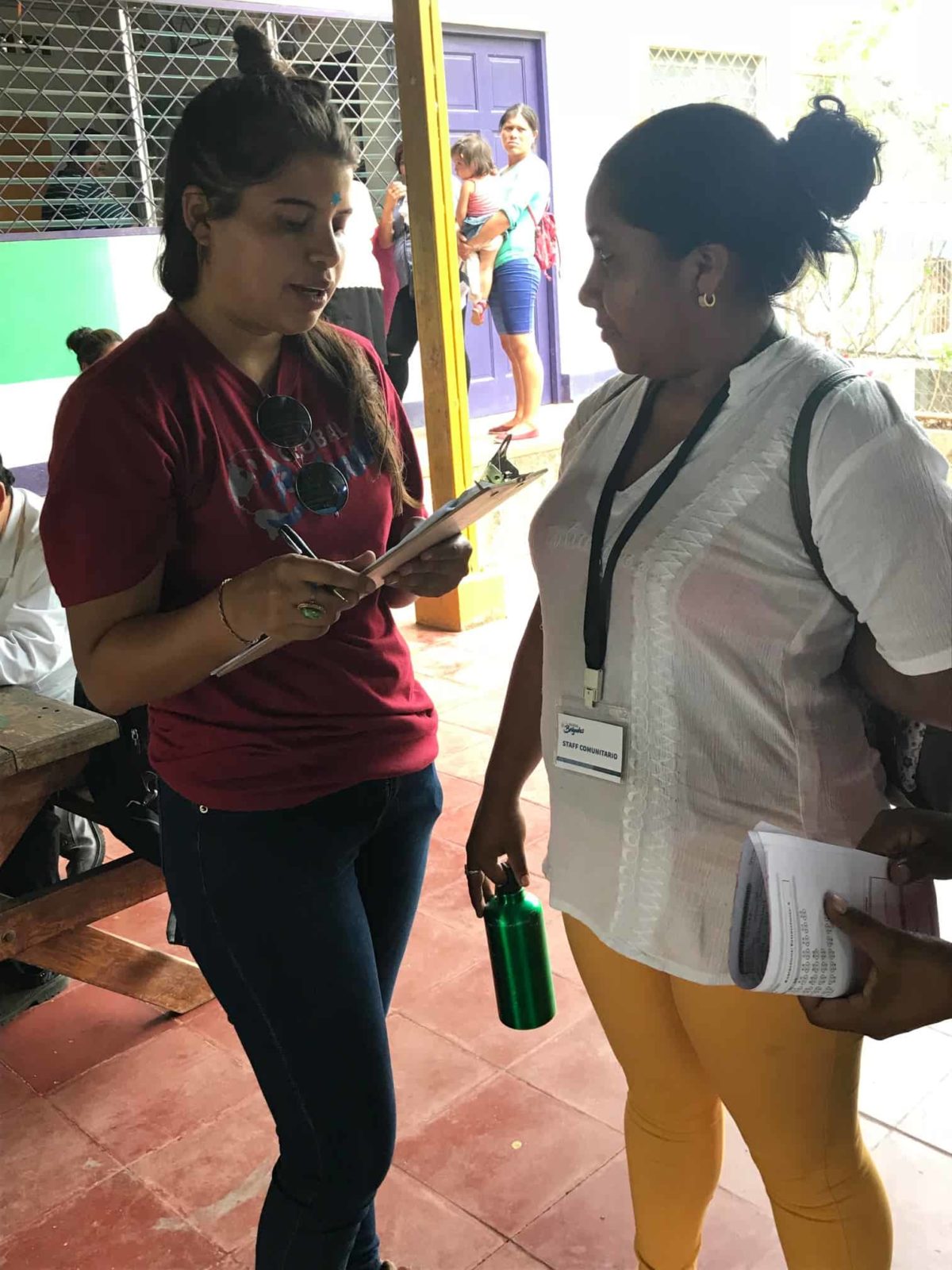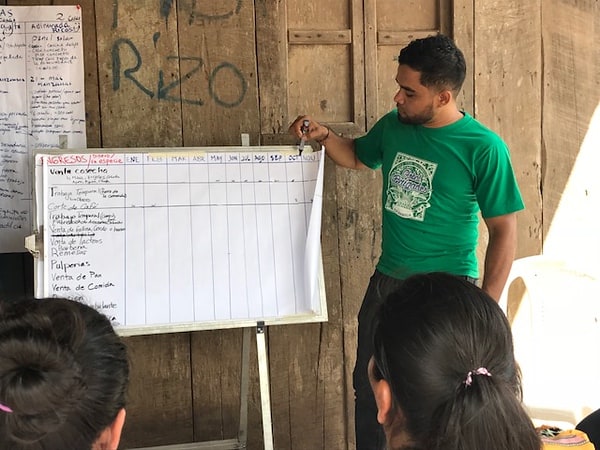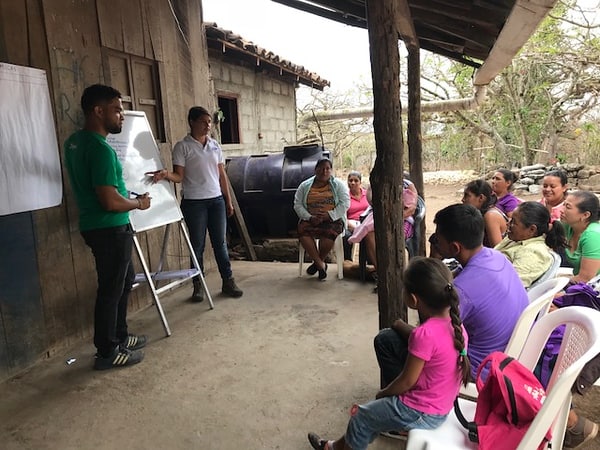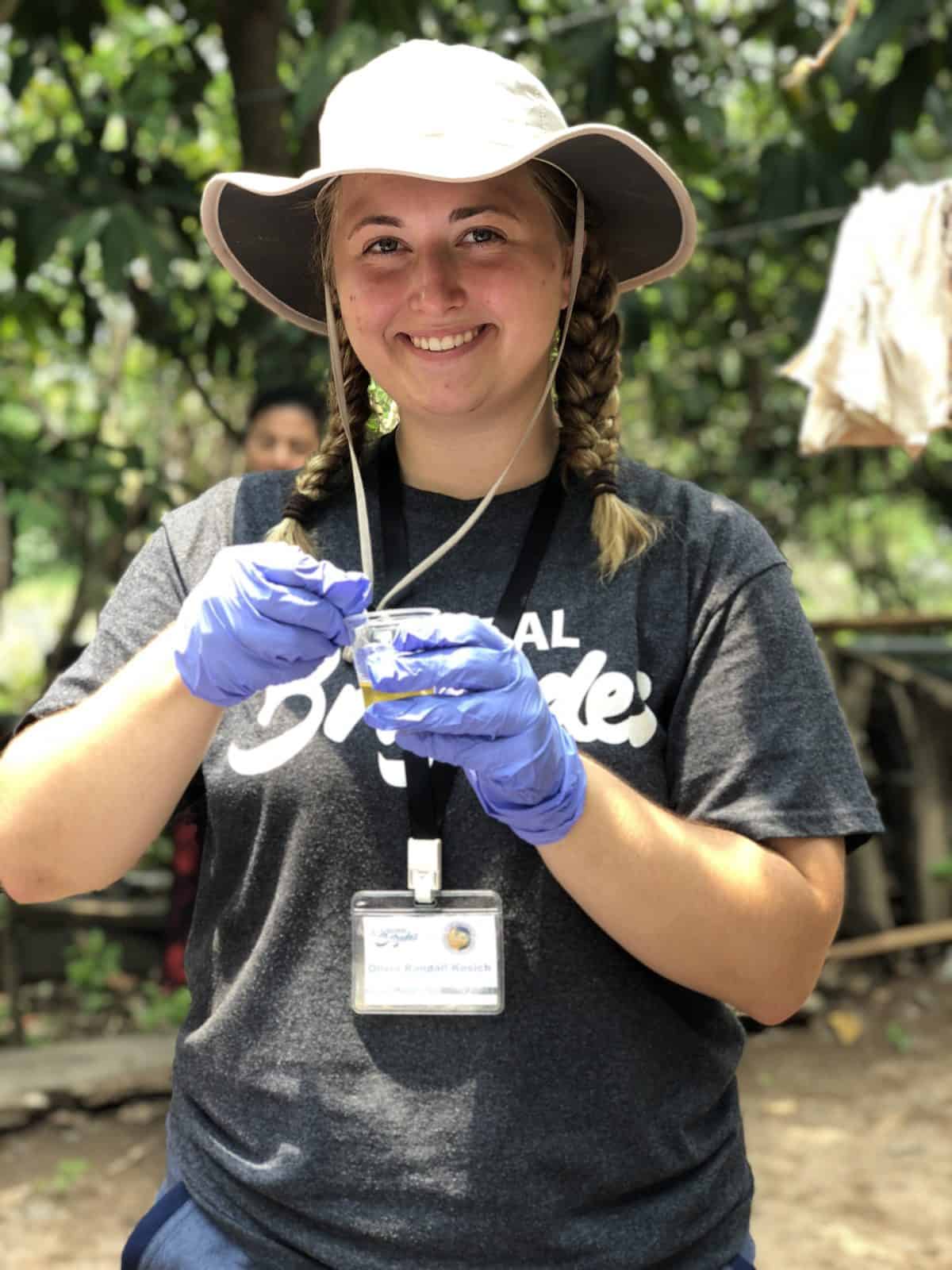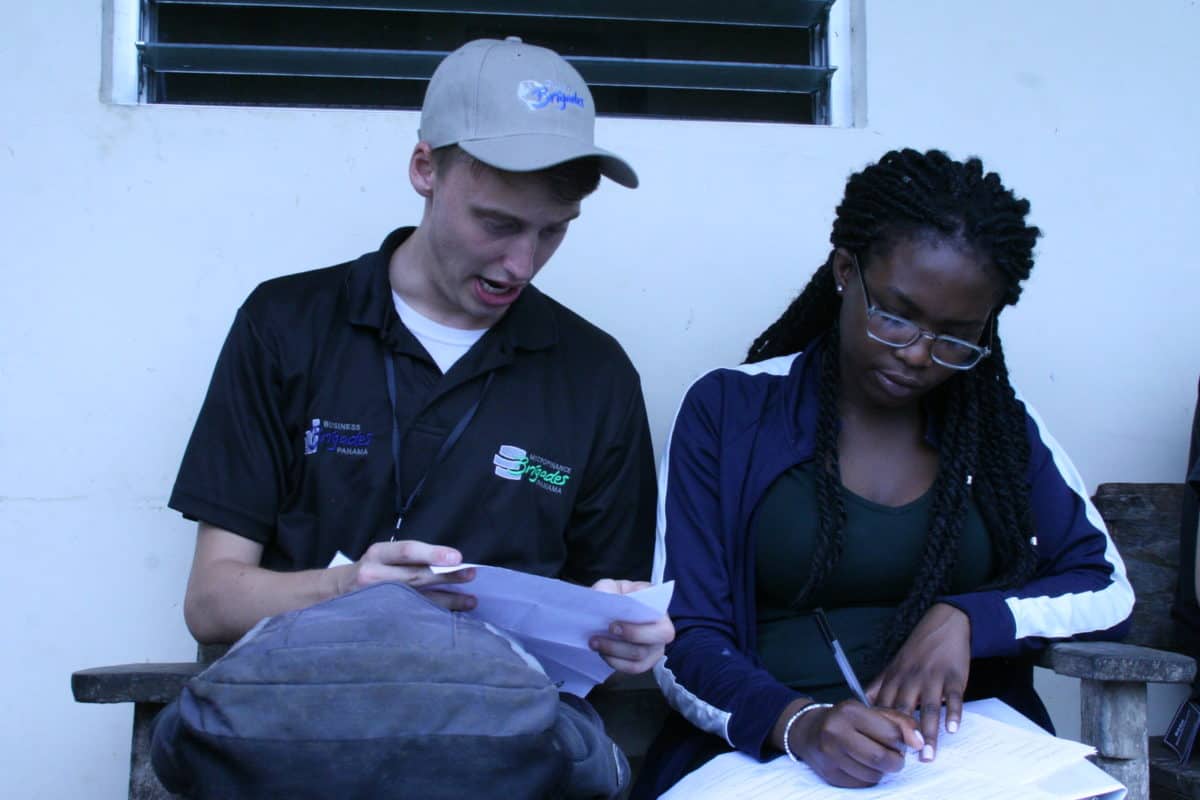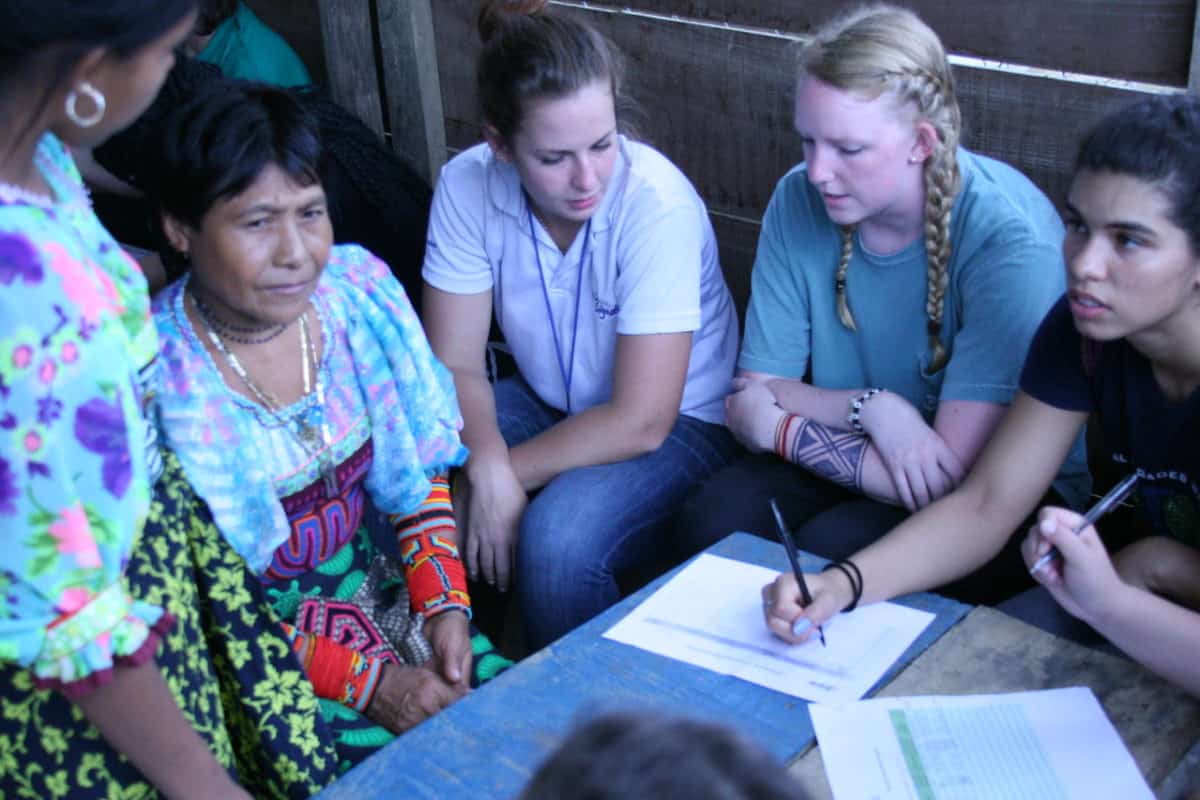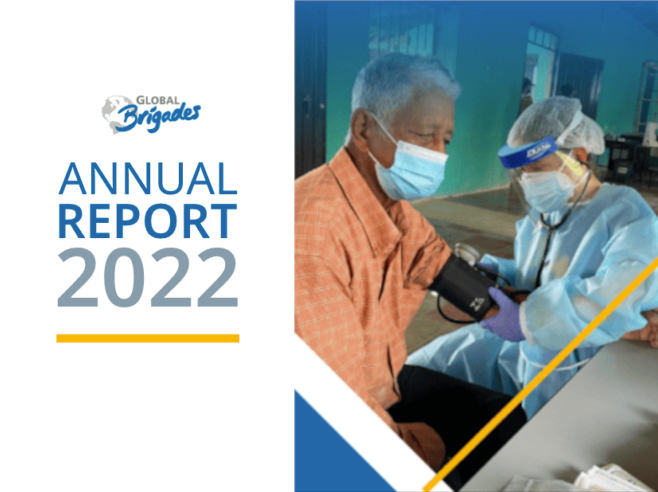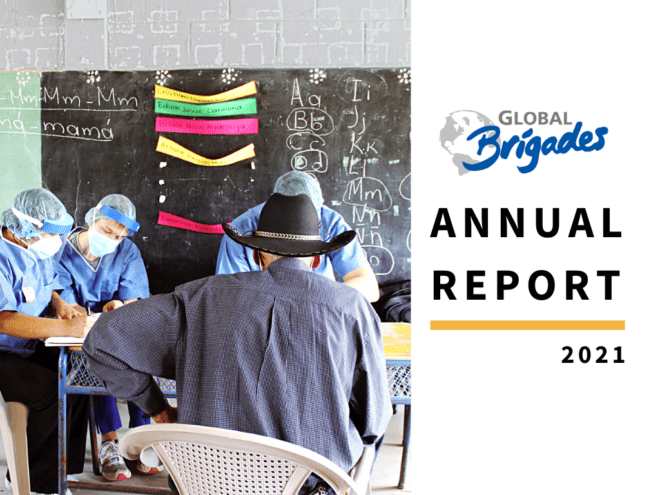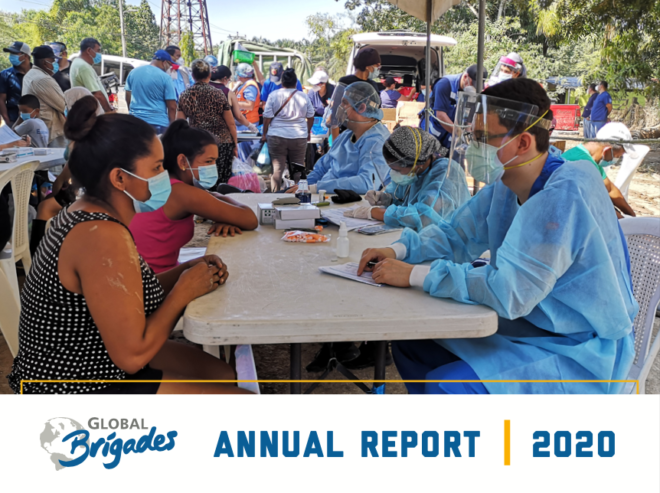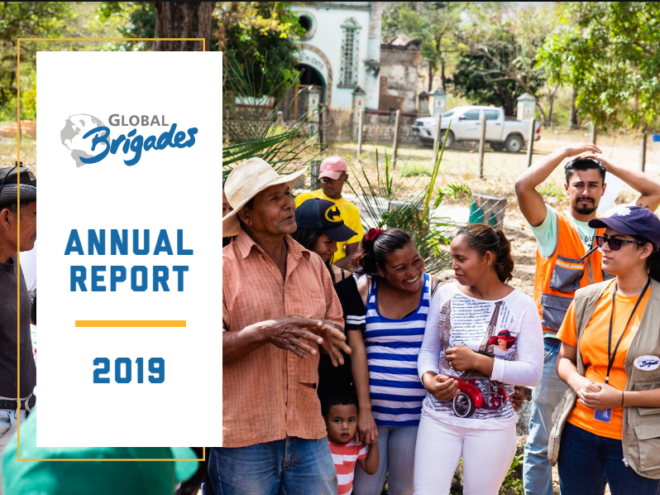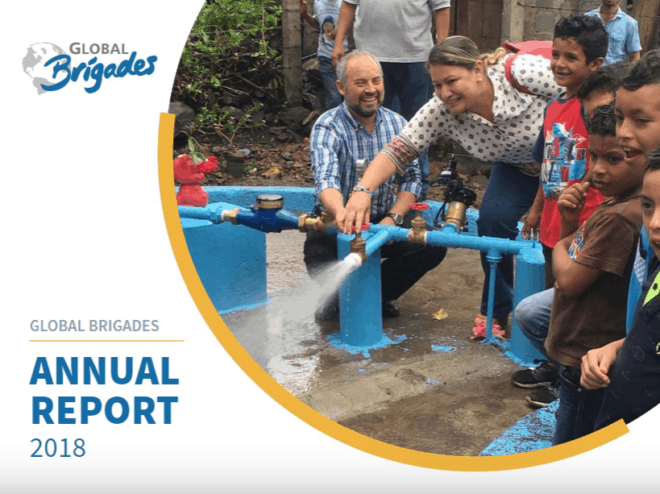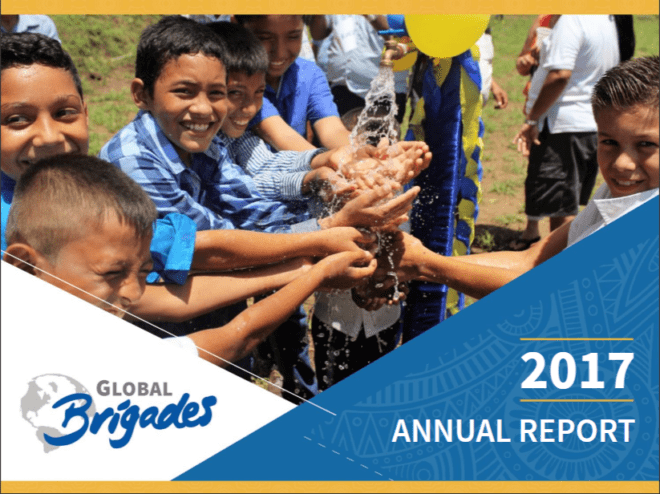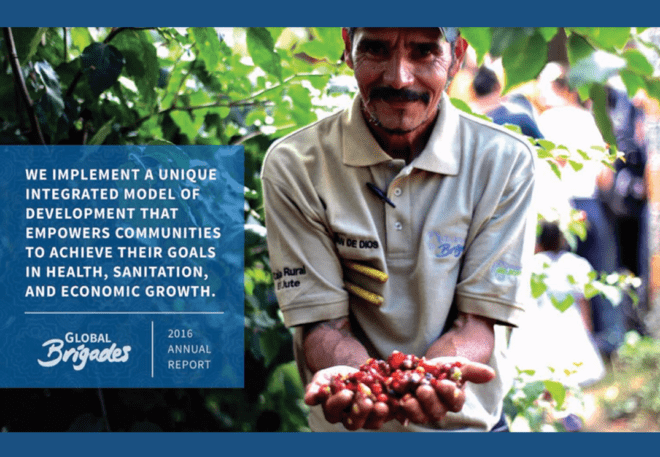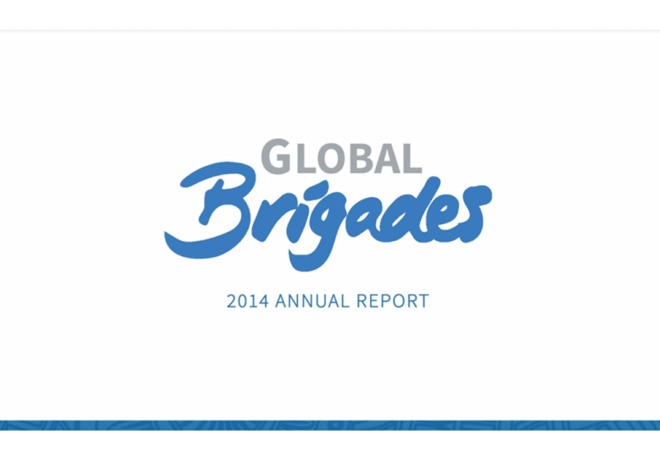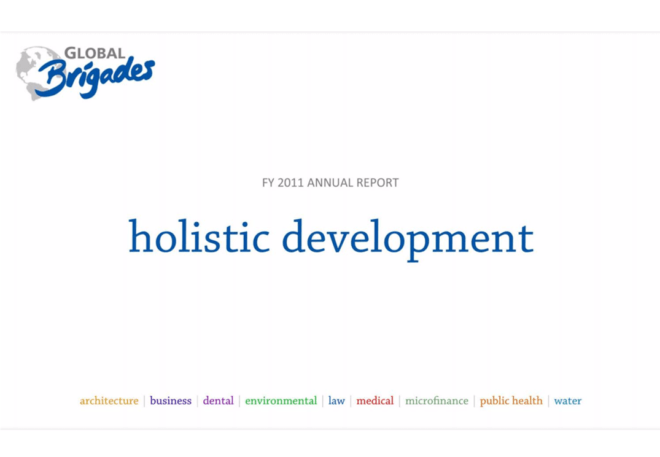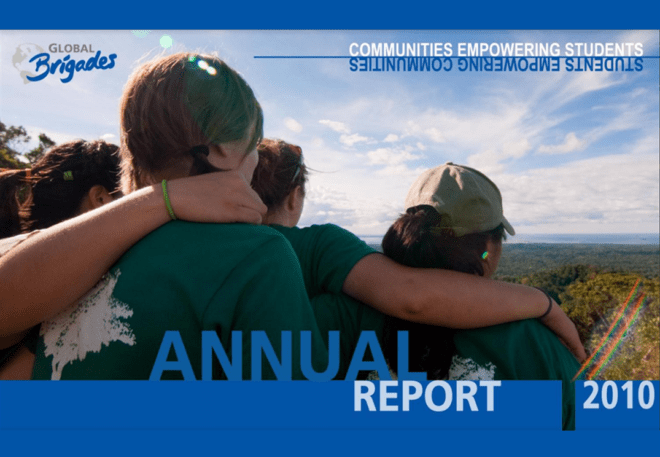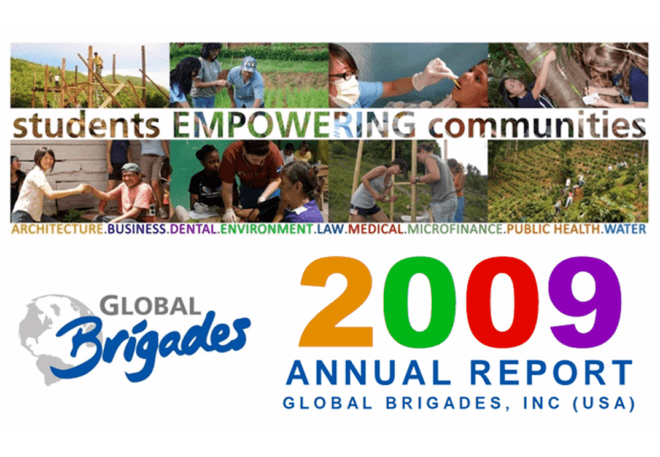Resolving Health, Education and Economic Disparities
Squads Abroad is a program of Global Brigades, an international non-profit that uniquely implements a holistic model to meet a community’s health and economic goals. Our model systematically builds community ownership and collaboratively executes programs with the end goal of sustainably transitioning to a relationship of impact monitoring.
Our Mission
To empower volunteers and under-resourced communities to resolve global health, education, and economic disparities and inspire all involved to collaboratively work towards an equal world.
Our Vision
To improve equality of life by igniting the largest student-led social responsibility movement on the planet.

Our Values

Empowerment
Creating an infrastructure that propels passion to meaningful results
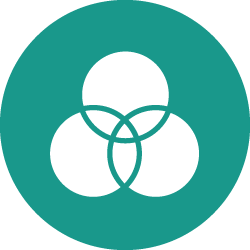
Holistic Approach
Implementing programming at all levels through a multi-disciplinary model
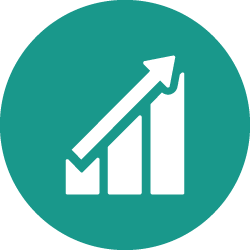
Scalability
Perpetuating positive impact
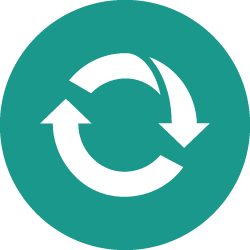
Sustainability
Creating replicable systems that maximize impact
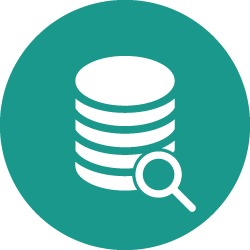
Financial Transparency
Demonstrating efficient resource usage
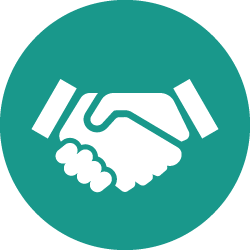
Collaboration
Facilitating a “partnership” approach that makes any act of “service” empowering
What makes Squads Abroad’s program different than others?
Funded Through Student Movement
Squads Abroad, a program of Global Brigades, funds all of its programs, leadership development and administrative costs through the fundraising efforts of more than 500 Global Brigades university Chapters and high school Squads Groups around the world. This grass-roots fundraising effort gives us the autonomy to develop programs to the needs of communities, rather than the whims of a few large donors.
Community-Led Sustainability
Full-Time Local Teams
Government Collaboration
A HOLISTIC VIEW
Squads Abroad uniquely implements a holistic model to meet a community’s health and economic goals. Our model systematically builds community ownership and collaboratively executes programs with the end goal of sustainably evolving to a relationship of impact monitoring.
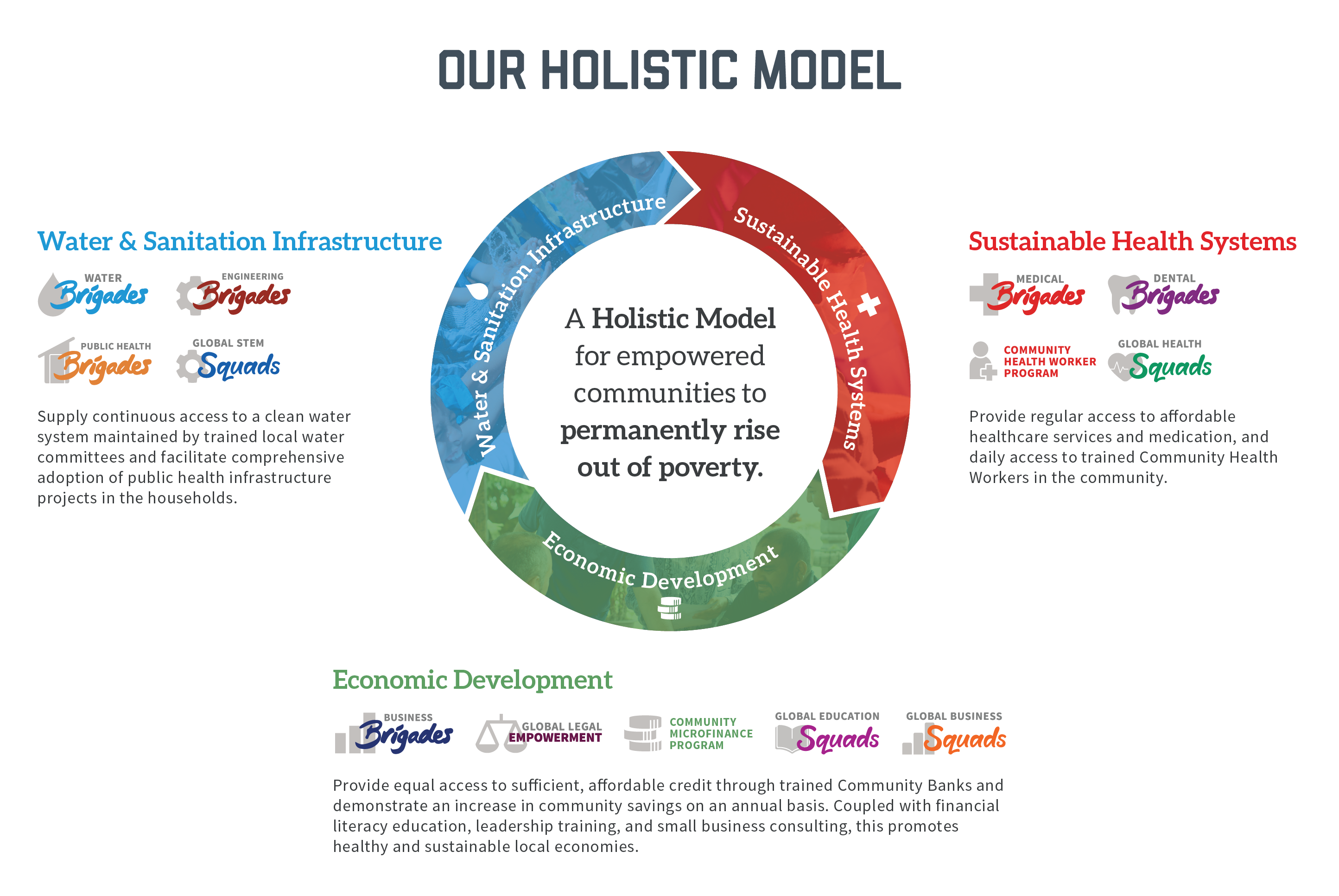

Sponsor an Impact Project
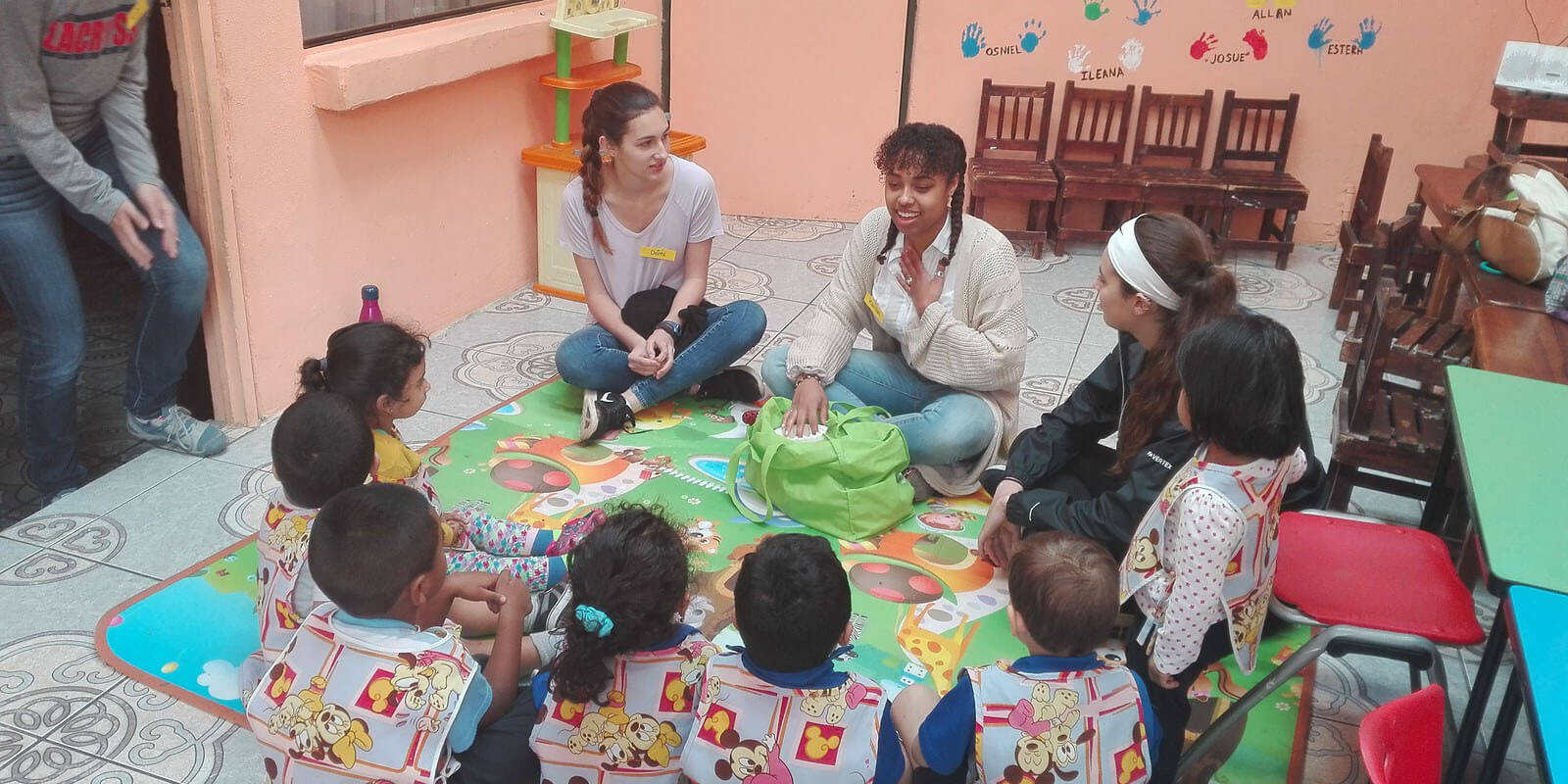
Education Squad Sponsor
$500
Provides 15 student desks and 1 teacher desk and chair
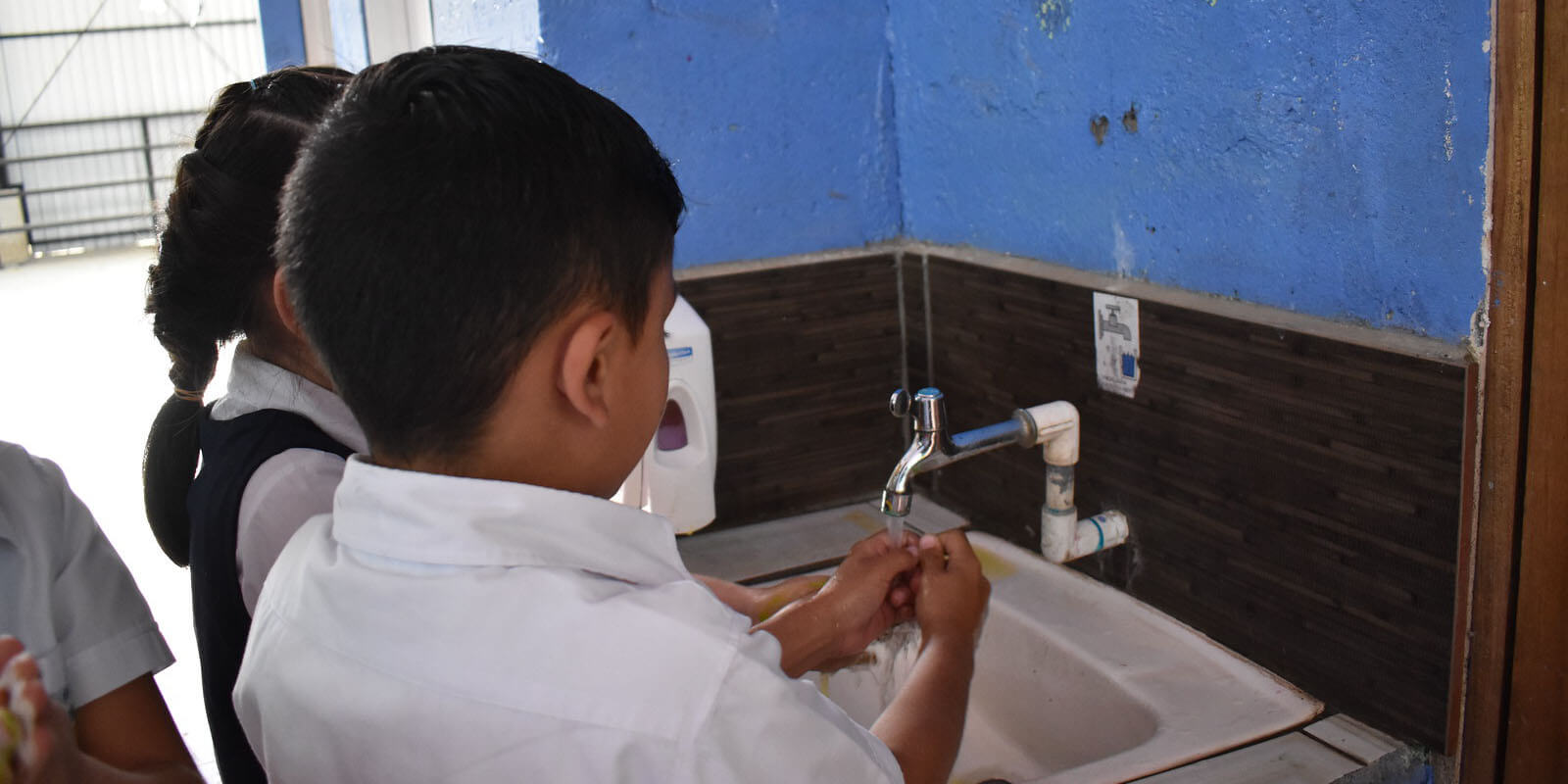
STEM Squad Sponsor
$500
Provides access to sufficient clean water to one family

Health Squad Sponsor
$500
Provides one household access to a new latrine, shower, eco stove, and water filter
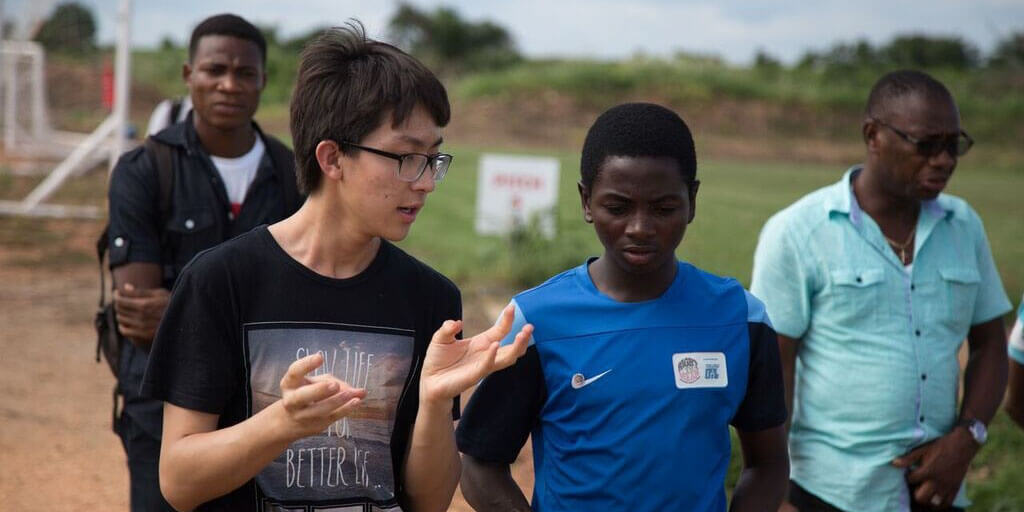
Business Squad Sponsor
$500
Funds the start-up costs of school-led microenterprises that teach business skills and bring extra income to the school
Success stories
An Empowered Community is one that has reached their goals in healthcare, WASH and economic development. They now have the infrastructure, knowledge, leadership and economic capacity to continue growing.

Goals for Empowered Communities
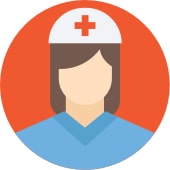
Goal 1
*Regular, equal, and affordable access to a Healthcare Professional and medication
2 of 100 communities
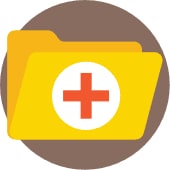
Goal 2
Daily access to a trained Community Health Worker
77 of 100 communities
280 CHWs trained
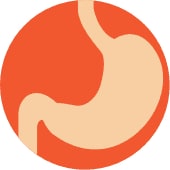
Goal 3
Continuous access to a clean water system with a Water Council in place
73 of 100 communities
42 clean water systems constructed
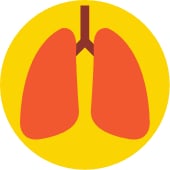
Goal 4
Comprehensive adoption of public health infrastructure projects within a community
25 of 100 communities
2,562 families benefited with Public Health projects
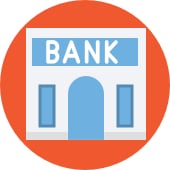
Goal 5
Equal access to sufficient, affordable credit with a trained Community Bank in place
81 of 100 communities
81 Community Banks established and 7,874 small loans issued

Goal 6
0 of 100 communities

Empowered Communities
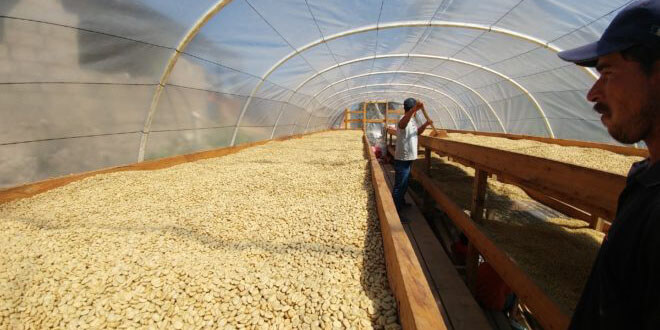
El Zurzular, Honduras
Inaugurated in 2012
El Zurzular, Global Brigades’ first Empowered Community established strong leadership to continue both health and development initiatives in their community. The community is home to one of GB’s strongest Community Banks and a growing coffee business which continues to work and invest in order to improve their coffee’s quality. Community Health Workers are active in the community and the Water Council operates, maintains and administers their water system built in 2009.
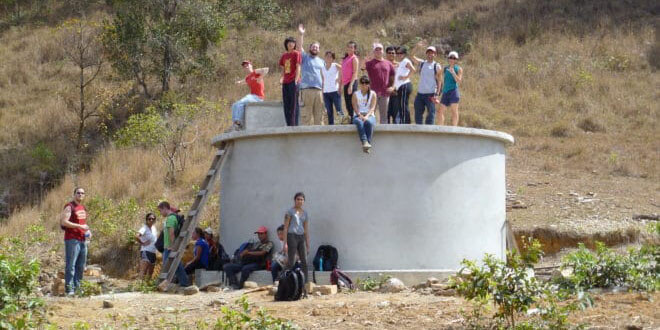
El Cantón, Honduras
Inaugurated in 2014
GB volunteers, staff and community members all worked tirelessly in El Cantón starting with the construction of an improved water system in 2011 and wrapping up by inaugurating the Community Bank’s new building in 2014. The Water Council and Basic Sanitation Committee maintain, operate and administer the Water System, and oversee in-home public health infrastructure. El Cantón has a flourishing Bakery micro-enterprise run by the women of the community, which sells baked goods in the surrounding region.
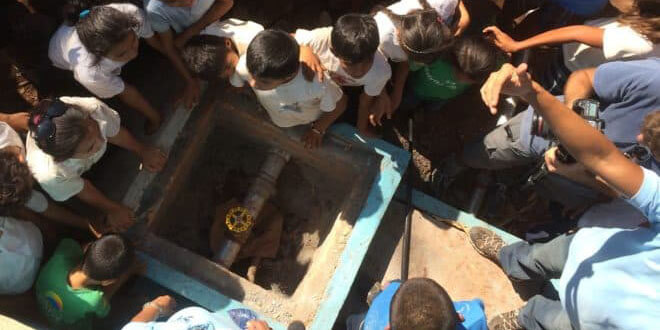
El Ojochal, Honduras
Inaugurated in 2014
El Ojochal was GB’s first Empowered Community in South Honduras. In the dry, coastal region, the challenge of sufficient water was the first addressed with a new well-based water system which was accompanied soon after by in-home public health infrastructure. The Community Bank continues working to meet the financial needs of the community and there is an operational Agriculture Store business allowing farmers to obtain more affordable agricultural products without having to leave their community. Community Health Workers attend patients in El Ojochal and form part of a larger group of CHWs representing surrounding communities.
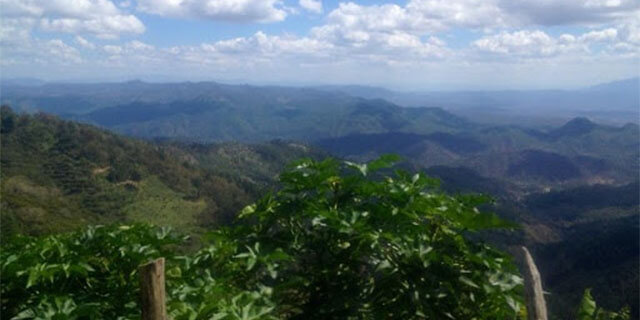
Palo Verde, Honduras
Inaugurated in 2015
Palo Verde is a small, isolated mountain community near El Zurzular and had a dire water and public health situation upon GB’s arrival in 2012. Volunteers and community members constructed a new water system and in-home public health infrastructure, which are now overseen by the Water Council and Basic Sanitation Committee respectively. As part of the El Zurzular region training, Palo Verde has Community Health Workers, attending patients in the area. Coffee producers have access to basic financial services at the Community Bank of El Zurzular and some participate in the nearby community’s coffee business.
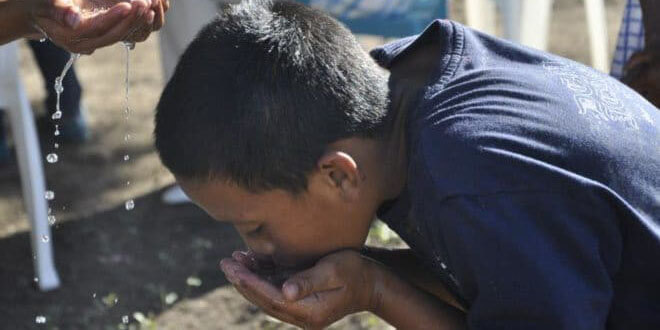
La Concepción, Honduras
Inaugurated in 2017
La Concepción is a farming community in eastern Honduras. When Global Brigades partnered with La Concepción in 2011, a chronic water shortage was quickly identified. Construction of a water system was complete by May 2012. In early 2014, GB began consulting La Concepción‘s existing Community Bank, which managed a large portfolio, but lacked training and technical assistance. Shortly after, families began investing in Public Health projects including hygiene stations to help further address household sanitation. In September 2017, 18 Community Health Workers were trained in the surrounding communities including 5 CHWs living in the community of La Concepción.
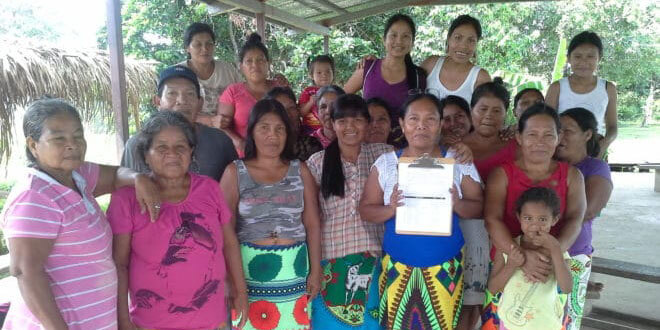
Piriati Embera, Panama
Inaugurated in 2016
In 2013, Global Brigades established and trained a Community Bank in Piriati Embera that now offers loans and savings services to the community members. The pilot of the Community Health Workers program in Panama was done in the community of Piriati Embera where one community volunteer was trained to facilitate community health. A model farm was developed in the community to provide alternative sources of income and encourage better farming practices. The Human Rights program began working in the community in 2014 providing legal consultations to community members and completing 5 family cases.
Research and Evaluation
As a recognized international health and development organization funded by both institutional grants and donations from volunteers, our local monitoring an evaluation teams have thorough processes on how we enter a community and track impact over time.
Community Identification
Programs are done “with,” not “for” community members. Community buy-in and leadership is crucial to the sustainability and success of our programs. Communities typically approach us through word-of-mouth or we may also approach new community partners based on proximity to current partners.
Needs Assessment
When a new potential community partner is identified, we send a local staff member to complete a rapid needs assessment. This assessment determines whether the communities’ needs align with Squads Abroad programs and whether we could coordinate Squad (international volunteers) in the community based on key factors, such as safety and location.
Baseline Community Data
Before Squads Abroad implements the holistic model in a community, we first complete a baseline survey. This survey is facilitated by a trained local staff member and is completed with all available households within the community. This data provides us with a baseline of community information in regards to healthcare, economics and sanitation.
Holistic Model
We first enter a community with Health Squads or Medical Brigades. Since we provide our programs to communities based on the availability of volunteers to assist in funding & implementation, communities are added to a waitlist to receive the other programs. Once resources are available, the microfinance, engineering, water, public health and business programs are then implemented. Once all of these programs have been implemented and the community has reached specific goals under the areas of healthcare, economic development and water, sanitation & hygiene, a community can be inaugurated as an “Empowered Community.”
End Line Community Date & Follow Up
In order to assess how the Holistic Model has impacted community partners, we complete endline surveys at the completion of the holistic model. We also periodically check-in with key community committees, such as the community bank leaders, basic sanitation committee and community health workers to ensure programs are functioning effectively. Every few years, we conduct a new endline survey in holistic communities to guarantee that our model is creating lasting improvement in healthcare, economic development, sanitation and hygiene.
Our M&E Team
The Monitoring & Evaluation (M&E) team is made up of managers, associates, and technicians based in our programming countries that work at a local and international level, collaborating between countries, to collect and manage data, and report on Squads Abroad and Global Brigades’ impact. The M&E team uses various methods to collect data that informs programming decisions and community selection. Consistently monitoring and evaluating our programs and receiving feedback from stakeholders helps guide the organization in working towards completing our mission in an effective way.
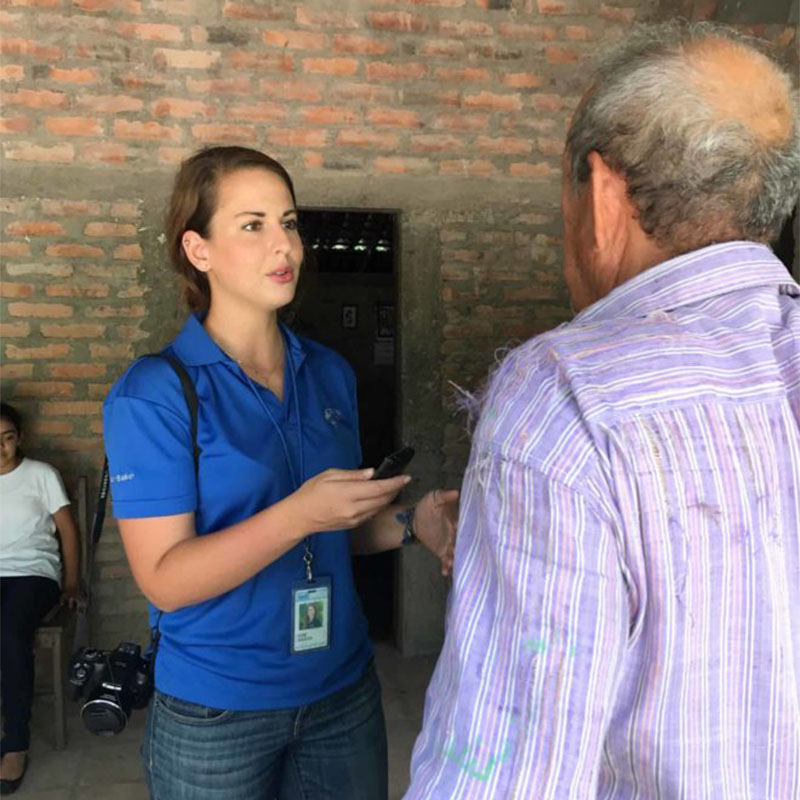
Research Opportunities
Interested in collaborating in Squads Abroad or Global Brigades research, monitoring, and evaluation efforts? Learn more and submit a proposal by downloading our Research Guide.
Research plays and important role in evaluating our Holistic Model. Having volunteers partner with our local M&E teams to execute research projects can have a multitude of benefits. In addition to the learning opportunities that come with a squad, volunteer researchers also gain investigative and analytical skills. Their findings in-turn can inform programming decisions and give new insights into the development of partner communities.
Findings from Research Partnerships
Executive Summary on Reusable Menstrual Pad Program
Olivia Randall-Kosich, University of Central Florida, 2019
An investigation into interested and perception of reusable menstrual pads for women and girls in rural Central American communities. A pilot study was completed in El Zuruzlar, Honduras, where follow-up surveys indicated the potential feasibility of establishing a larger scale program.
Of Maximizing the Efficacy of Resources to Fulfill the Duties of the Universal Right to Health Care Demands
Nahrain Putris & Morgan Farrah, Oakland University, 2017
A comparative study of healthcare as a human right, and the quality of care as perceived by patients in a community clinic in the USA and a Global Brigades clinic in a partner community in rural Nicaragua.
The Use of Mobile Information and Communication Technologies for Community Health Development in Low- and Middle-Income Countries
Aashika Nagarajan, Brandeis University, 2017
An investigation of the potential of mobile health, in particular its potential to be integrated into Global Brigades programming, to address healthcare challenges and needs in rural Honduran communities. *Published in Brandeis University Library Archives (Thesis)
Implementation of a Global Humanitarian Outreach
Dr. Victoria Carlson-Oehlers, Dr. Patrick J. Jung & Dr. Bernard A. Cohen, Milwaukee School of Engineering, 2017
A study of the idea that collaborating with non-governmental organization, universities can provide opportunities for students to apply their technical and medical education to a variety of humanitarian challenges.
A Public Health Approach to Combatting Common Medical Diagnoses in Nicaragua Through Collaboration with Global Brigades
Laura Brennan, Santa Clara University, 2018
A study to systematically review the research on intestinal parasitic infection interventions to explore the potential to reduce infections for low income school children in rural Nicaragua, which are a leading cause of health disparity in communities reached by Global Brigades.
Environmental Health Risks and Community Development: Perceptions, Contributions, and Solutions in Cerro Bonito, Honduras
Nicole J. Rock, Arizona State University, 2018
This study aims to identify and understand the elements contributing to the environmental health issues of Cerro Bonito, Honduras. Utilizing the concept of social value and local capacity building, and applying it to environmental health proposes an alternative way of approaching technology design and implementation in rural communities.
Financials
Squads Abroad Annual Budget
Squads Abroad is a program of Global Brigades, of which grantors include separate Global Brigades entities in the USA, Canada, United Kingdom, Ireland and Germany. Each is an independent non-profit entity in their respective country. High School Squads groups, University & Professional chapters associated with each entity raise funds to support the grants and expenses of each entity. Program funds are granted to Global Brigades grantee entities in Honduras, Panama, Ghana, Greece, Costa Rica, and Guatemala.
This budget is the budget for Global Brigades USA, which is broken into 3 main areas: Programs, Fundraising and Administration.
Impact from Squads Abroad is reflected in the Global Brigades annual report.
For more information about specific communities or goals, visit our parent organization Global Brigades’ website.
